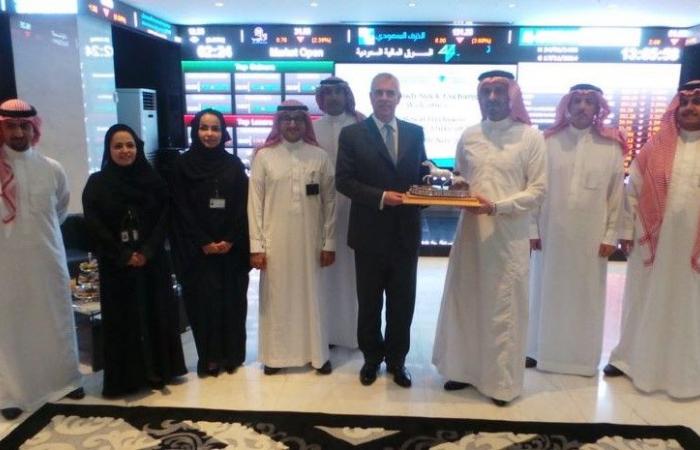Saudi Arabia relies on China
Among financial products, an ETF is characterized by the fact that its price seeks to follow the evolution of a stock market index. Thus, in France, if the owner of a PEA (equity savings plan) cannot invest directly in American Nasdaq shares, he can invest in ETFs managed in Europe which reflect this New York index.
Under these conditions, the relative importance of ETFs in each region of the world is increasingly a matter of geopolitics and makes it possible to know who is betting on whom. In Saudi Arabia, as of October 30, an ETF that tracks stocks listed in Hong Kong is now the largest traded fund of its nature in the Middle East. Indeed, from the start of their joint operation, its two issuers, the Saudi Albilad Capital and the Hong Kong-based CSOP Asset Management, raised more than $1.2 billion with these products. The record for the largest Islamic finance ETF, previously held by Al Rayan Qatar in Doha, has been broken.
Large-scale Saudi investments
This case of Middle Eastern investments in the Chinese economy is not isolated. In the area of ETFs, another product of this type was launched the next day by SABInvest, a subsidiary of Saudi Awwal Bank. Called the SAB Invest Hang Seng Hong Kong ETF, it tracks Hong Kong stocks.
Even more directly, Saudi Arabia’s sovereign wealth fund is increasing investments in new Chinese technologies. He notably invested in Hongshan Capital, the powerful Hong Kong fund headed by Neil Shen, but also in 5Y Capital, based in Shanghai, and Yunqi Partners, another Chinese fund.
It should be remembered that in December 2022, during Xi Jinping’s visit to Riyadh, Saudi Arabia signed a large number of agreements with China, with a total value of $29 billion. The oil monarchy has since been invited to join the BRICS, and the process is still underway despite the absence of Crown Prince MBS in Kazan in October 2024.
China is also banking on Saudi Arabia
In the other direction, China assures Riyadh of its hydrocarbon purchases in the long term. Thus, Saudi Arabia alone represents 18% of its oil imports. In return, the kingdom has developed the use of the yuan in its transactions, just like Qatar or the Emirates, which benefit from the same purchasing assurance from Beijing. For example, China has signed two extraordinary liquefied gas supply contracts with Qatar Energy. These contracts, lasting 27 years, are among the longest ever concluded.
Likewise, the special administrative region of Hong Kong is not left out in economic rapprochement with Saudi Arabia. Thus, in November 2024, the Saudi investment fund and the HKMA, the Hong Kong monetary authority, signed a memorandum of understanding to create a joint investment fund endowed with one billion dollars. Investments will be focused on sectors considered strategic in Saudi Arabia, such as manufacturing, renewable energies, health and fintechs. Contracts will be given priority to companies with links to Hong Kong or the Greater Bay Area.






